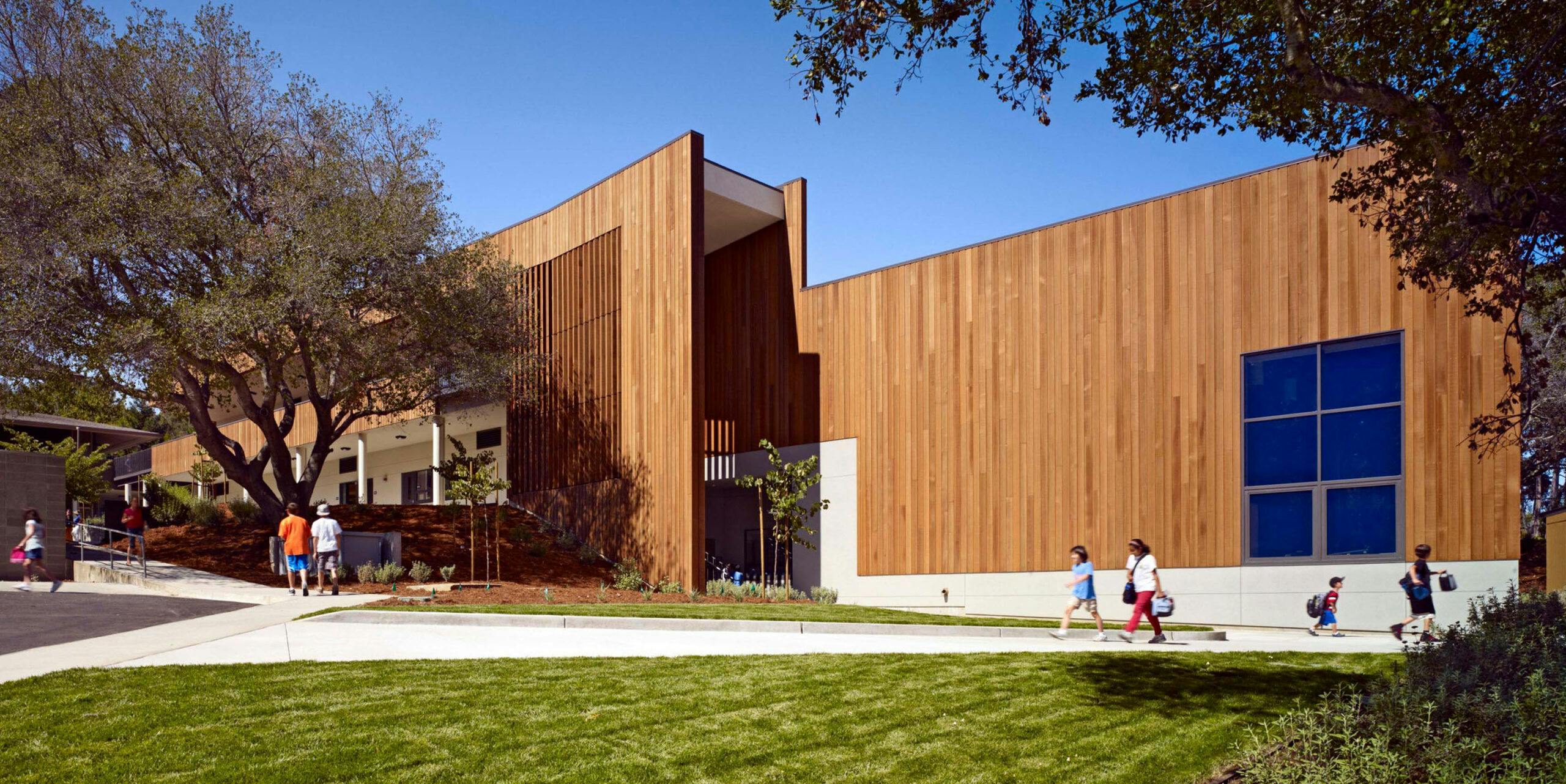The Child and Adult Care Food Program (CACFP) supports child care centers by providing reimbursements for nutritious meals and snacks given to children. It’s a state and federally-funded program started by the U.S. Department of Agriculture (USDA) and administered by the California Department of Social Sciences (CDSS) in California.
For child care centers, applying for the CACFP program means additional funding to support every child’s dietary and nutritional needs. However, being approved and eligible requires strict compliance and can be tedious. We’re here to simplify it for you. Here’s all you need to know to apply for CACFP in California.
Eligibility Requirements for Child Care Centers in California
Public and private (profit and non-profit) child care centers can apply for CACFP in California. They must be licensed to operate, otherwise, proof of exemption must be provided. For-profit private organizations must meet either of these criteria:
- 25% of enrollees are eligible for free or reduced-price meals based on the USDA income eligibility guidelines.
- 25% of enrollees receive subsidized child care (such as Title XX funds).
Apart from these, child care centers must prove during the application process that they meet CACFP performance standards. They must be capable of properly running the program with sufficient financial and administrative resources apart from CACFP funding. Fiscal accountability and strict compliance to all CACFP regulatory requirements are a must.
How to Apply for CACFP in California
Applying for CACFP in California is straightforward thanks to the California Department of Social Services’ streamlined process. Here’s how to begin:
1. Contact the California Department of Social Services (CDSS)
Send your intent to apply to CDSSFEEDCACFPAPPLICATIONS@dss.ca.gov for review. Their staff will review your request and contact you within a week for a pre-screening.
2. Pass the phone pre-screening
A CDSS specialist will reach out to you via call for a pre-screening, where they’ll determine your eligibility to apply for CACFP. If successful, you’ll receive a follow-up email detailing application instructions, including required documents to send, and deadlines for child care centers.
3. Send application documents
Forward your application documents to the CDSS specialist on or before the deadline. Once they review your application, the specialist will determine if you satisfy performance standards on financial viability, administrative capability, and fiscal accountability.
If you do, you’ll receive access to the Child Nutrition Information and Payment System (CNIPS) where you will submit your completed online application. You’ll be assigned a county CACFP specialist who will assist you in finishing the remaining steps.
Important Note: Punctual submission supports your determination for capability, so make sure to send your documents in a timely manner. Otherwise, it may be dismissed.
4. Pass the pre-approval visit
Once you’ve sent your documents, your CACFP specialist will conduct an in-person pre-approval inspection. They’ll observe at last one meal service to see if it meets the program’s regulatory requirements. If they have corrections, they’ll schedule a follow-up visit for a second on-site inspection where you’ll have to make the necessary changes.
Please note: the CACFP application process generally takes several months from the initial application date until a final determination is made. Additionally, applications in Step 3 and beyond will be placed on hold from August 1 to November 1 due to the annual renewal process.
How long does the CACFP application process take?
From the date you send an initial email up to the final approval, the CACFP application process can take several months. Additional document requests, second or third on-site visits, and program changes can lengthen the process. Lastly, applications pause from August 1 to November 1 for annual renewals, so it’s best to schedule your application around these months.

Meal Patterns
Aside from USDA nutritional guidelines, all CAFP operators must follow the CACFP Meal Patterns for infants and children. These specify the type, quantity, and quality of food that can be served every day for breakfast, lunch, snacks, and supper. Meal patterns for infants apply to ages from birth to 11 months, while those for children apply to ages 1 to 18 years old.
Recordkeeping and Documentation
Meeting CACFP guidelines requires stringent documentation and record-keeping across different aspects, from daily meal servings to procurement records. These serve as the basis for monthly reimbursements, audits, and reviews.
For instance, centers must document every meal served to all age groups, including their serving sizes, milk type, name, and quantity each day. This ensures that every reimbursement is accounted for and that all meals follow the dietary guidelines set by the USDA for Americans.
Other records you need to keep include:
- Administrative records (license, training records, compliant procedures)
- Financial records (budget plan, reimbursement claims, receipts and invoices)
- Meal records (daily menu listing, meal count records)
- Participant records (enrollment, attendance, income eligibility records)
- Procurement records (bids and solicitations, vendor contracts, receipts and invoices)
Reimbursement Process
Monthly reimbursement claims are based on the current CACFP reimbursement rates and the number of participants by eligibility category (free, reduced-price, and paid). Centers can claim their reimbursement in two methods: actual count or fixed percentage.
- Actual count: Based on the number of meals served to participants every month; required for agencies operating on a pricing program
- Fixed percentage: Fixed reimbursement percentage for every eligibility category based on the number of participants under each; determined at the start of the program based on the enrollment list and includes all eligible participants, even those who decline them
Centers submit their reimbursements through the CNIPS platform and will only be accepted within 60 calendar days of the claim date. For detailed information, follow the CDSS’ Reimbursement Claim Instructions on navigating CNIPS.

Annual Mandatory Training
All CACFP agencies are mandated to undergo training to keep up with changing requirements for the program. In California, the CDSS offers the Bright Track Online Training where child care center staff can go through over 65 courses available. However, only 10 accounts are available per center. Those without an account can complete the Civil Rights Training for Child Nutrition Programs workbook, finish the online test, and get a Certificate of Completion.
Every year, CACFP centers must pass annual training on the Bright Track platform before they can renew applications. This is to keep up with updated requirements for the program. It covers six lessons on civil rights, performance standards, food service, recordkeeping, financial management, and program oversight.
Ready to Apply?
Applying for CACFP in California enhances your child care services and brings nutrition closer to those who need it. Visit the California CACFP application page or call CDSS at 833-559-2418 for support. Start making a difference in the lives of the children you welcome today!
Ordo satisfies CACFP Meal Requirements for child care centers
Balancing reimbursements and managing your food program while managing your center is no small task. That’s why many centers turn to external vendors to handle mealtimes. At Ordo, we provide nutritious, CACFP-compliant meals, ensuring kids are healthy while helping centers stay in compliance—without any added cost.
Ordo has become the fastest-growing school food program in America, providing fresh meals made from scratch every day in our kitchens. Our chefs focus on cooking homestyle food that’s both nutritious and what students love.
Students and parents can place their orders through their ordering app and choose from seasonal menus with 4 to 6 different options daily like Tex Mex Crunch Salad with Creamy Lime Dressing or Chicken Bacon Wrap with Pretzels, Carrots & Ranch.
Our online platform automates compliance paperwork for reimbursable meals, tracks important metrics like daily participation rate, and handles all payment and order processing. Ordo offers both vended meal service where we deliver the food every day and onsite food service management with our chefs preparing food on campus. We have served all types of schools, from preschools and daycare centers to private and public schools. We’ve worked with some of the top brands in early education and child care, including Guidepost Montessori, Bright Horizons, Primrose, and more.
If you’re interested in providing fresh, healthy food for your school, you can reach out to the school partnerships team here.




